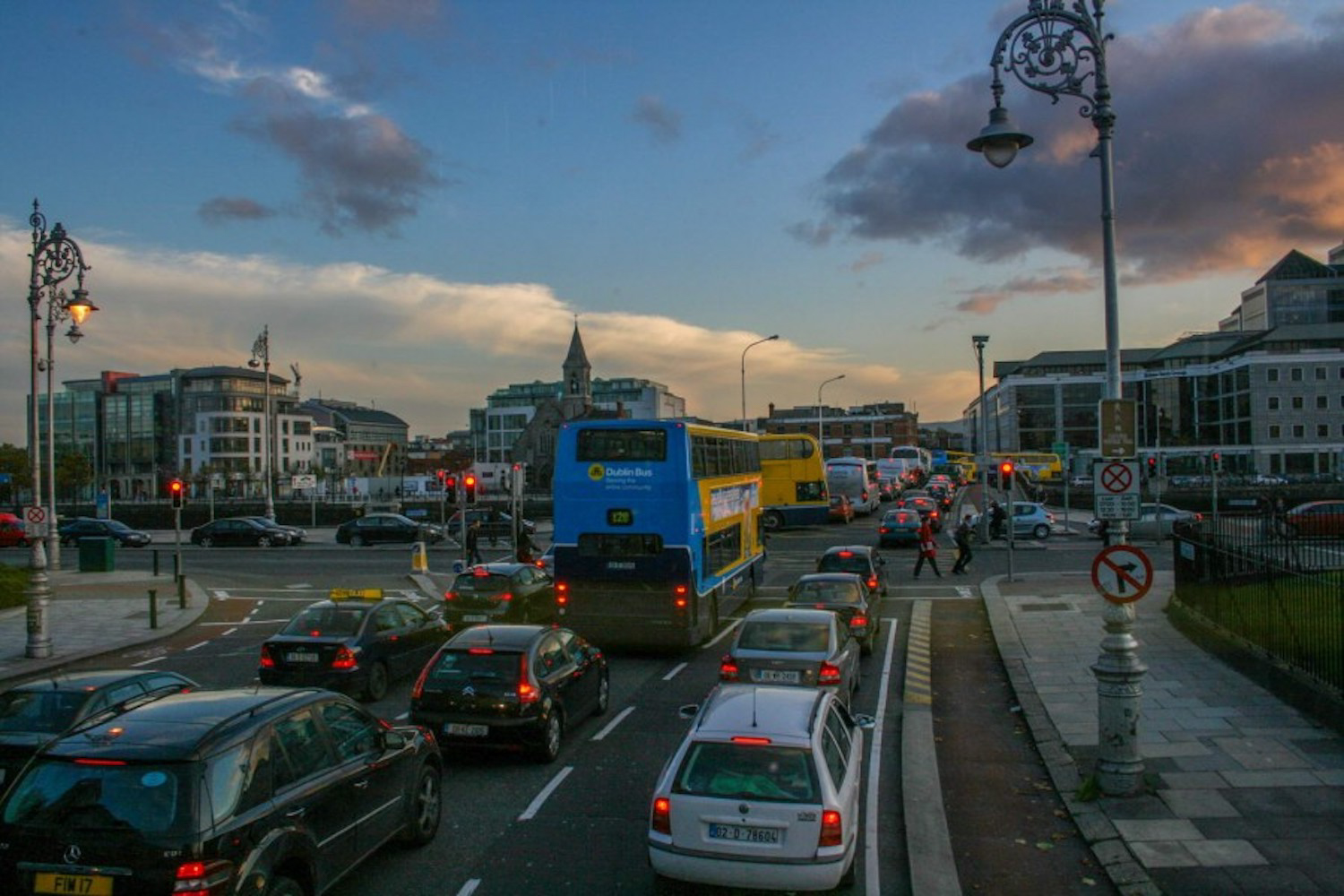The Irish Car Carbon Reduction Alliance (ICCRA), an umbrella group that represents the interests of Irish car dealers, has heavily criticised the new programme for government put forward by the coalition of Fine Gael, Fianna Fail and The Green Party.
2030 ban on new petrol and diesel cars
The programme has confirmed that legislation will be brought to the Dail to copper-fasten the commitment to end the registration of new petrol and diesel cars after 2030. It is this commitment, in particular, that has raised the ICCRA's hackles.
"We support the commitment to address climate change and we recognise urgent action is required across all sectors of the Irish economy, including the motor sector, so that everyone plays their part in protecting our planet," said ICCRA spokesperson Denis Murphy. "However, this is a ban without a plan. The proposed programme for government is anti-car, not anti-emission. The proposed ban on diesel and petrol cars is premature. It will not help towards the achievement of the target reductions in emissions by 2030. In fact, it will counter-productive as it will encourage motorists to hold on to their current older cars, which have higher carbon emissions, instead of switching to a newer affordable model."
The ICCRA claims that the McKinsey Report, on which the Climate Action Plan (CAP) is based, "recommended a blended approach to reducing emissions, which would include newer petrol and diesel cars from now through to 2030. This is a more pragmatic and realistic way of achieving the current targets, and an approach that is already being taken by many Governments across Europe."
The group says that the supply and pricing of electric cars and plug-in hybrids in the Irish market are critical to consumer take-up even to reach 50 per cent of the CAPs targets and further claims that such vehicles will not be available in the quantity required to allow such a transition until late in this decade, as manufacturers are working towards a broader deadline of 2040. This assertion has been previously challenged by environmental pressure groups, which say that the numbers of more affordable electric cars is increasing fast.
Controversial claims
The ICCRA also doubled-down on its controversial assertion that petrol and diesel cars could approach carbon neutrality in the coming years. "The ban is also incompatible with current EU legislation. Furthermore it also fails to recognise that current and future technological innovations could bring petrol and diesel engine cars close to carbon neutrality by 2030. The truth is that driving a newer car is a more meaningful way to reduce car emissions, by removing the older car stock that have significantly higher emissions" said Murphy. The promise of carbon neutrality for combustion engines is based on the potential promise of bio-fuels and synthetic fuels, which remain to be proven at the mass-market level.
Update the motor tax system
Aside from the promise to only allow electric car sales form 2030, the new coalition has also said that it will use a range of incentives in the coming years to encourage electric car takeup. The VRT and motor tax system will also be reviewed to ensure that it is actively promoting the least polluting vehicles and that a strategy for the development of the public car charging network will be published.
By 2025, the coalition says that it will only allow electric vehicles to be procured for public sector bodies. All new urban buses will have to be either hybrid or hydrogen-powered, while another strategy document will be published, this one for the haulage sector, to lay out a roadmap for a low-carbon future for that industry.
On the safety front, the coalition promises that a new road safety strategy that focuses on reducing the deaths of vulnerable road users will be put forward while existing legislation will be 'consolidated' with a view to improving enforcement.

